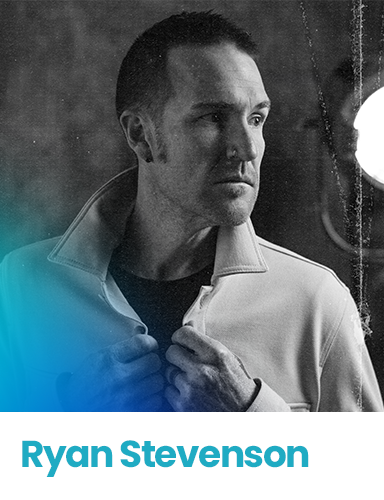
The Connection Between Executive Presence, Imposter Syndrome & Anxiety
Recently I began graduate school, at the tender age of 52. I made a commitment to myself when I turned 50 (during the pandemic) that I would complete the degree I began before having children. My husband and I are empty nesters—our youngest is a junior in college. So, I figure now is just as good of time as any to go back to school.
Here’s me: finding a program, buying school supplies and announcing to the world I’m going back to school. Then suddenly, on the first day of classes, I get a pain in my chest. I remember this pain. The last time I felt this sensation was 30 years ago in undergraduate school. I tell my current professor (who is younger than me, by the way) and she says, “You have imposter syndrome; you will be fine.”
I’ve spent a fair amount of time pondering how imposter syndrome, anxiety and executive presence intersect. Many of my coaching clients ask me, “Genena, I want to work on executive presence, but how do I do so?”
First, let’s unpack these terms:
Imposter syndrome is a little devil that sneaks up on you—like a ninja out of nowhere! Simply put, imposter syndrome is when you doubt your abilities and feel like a fraud. And it disproportionally affects high-achieving people.
Anxiety offers a similar sensation to imposter syndrome, but it’s essentially a feeling of worry, nervousness or unease, typically regarding an imminent event or uncertain outcome.
Executive presence is about demonstrating absolute confidence in yourself and your convictions. It means cultivating a perception that you can step up in challenging situations. But sometimes it just means to be decisive and stand your ground. In other words, executive presence is your capacity to inspire confidence among:
- Yourself
- Your direct reports
- Your peers
- Your leaders
- Anyone influenced by your presence
So, I’ve talked about imposter syndrome for years with my clients, but it’d been a while since I’d experienced the syndrome myself—until now. Don’t you love when the mirror is turned back on you? My recent experience caused me to think about how anxiety could sometimes be caused by imposter syndrome, and how imposter syndrome could affect executive presence—especially amongst my female clients.
If we first work on the cause of imposter syndrome, then maybe it will positively affect how we show up with confidence. And if we show up with confidence, then it will most likely increase our ability to inspire confidence within others. Because here’s the honest to God truth: any one of us can grow in these areas. As a lifelong learner myself, I know that we never stop growing.
I have a few questions to help you understand what you’re thinking and believing so that you can better understand what you’re feeling. In doing so, you will combat both imposter syndrome and anxiety and enhance your executive presence:
- What are you believing about yourself? What story are you telling yourself?
- What is true about this belief? What is not true?
- What behaviors are you exhibiting that are tied to this belief?
- How are these behaviors impacting how you show up?
- If you were to start believing that you belong in the room, what could be possible?
- What does self-talk look like for you?
- What does executive presence look like in you and on you—how do you personify it?
- What’s challenging about this topic for you?
- In what way might you remind yourself of the truth, and stay motivated about your growth in this area?
By answering these questions, you will uncover what is hindering you. And once you identify what’s negatively impacting you, then you can begin to work on your mindset and your behaviors will follow. This will lead to confidence—and a stronger executive presence.






















































































































